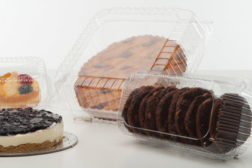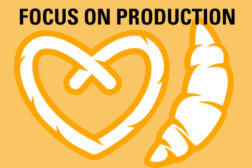Sustainability
Ingredients News:
Hershey Co. launches initiative to revive cocoa growing in Southern Mexico
July 3, 2012
Sustainability in Action
DuPont Nutrition & Health pushes for more sustainable bread
June 8, 2012
Snack on the latest trends, news, and developments!
Stay in the know with Snack Food & Wholesale Bakery, the premier source of information for snack, bakery, and confectionery professionals.
JOIN TODAY!Copyright ©2025. All Rights Reserved BNP Media.
Design, CMS, Hosting & Web Development :: ePublishing


